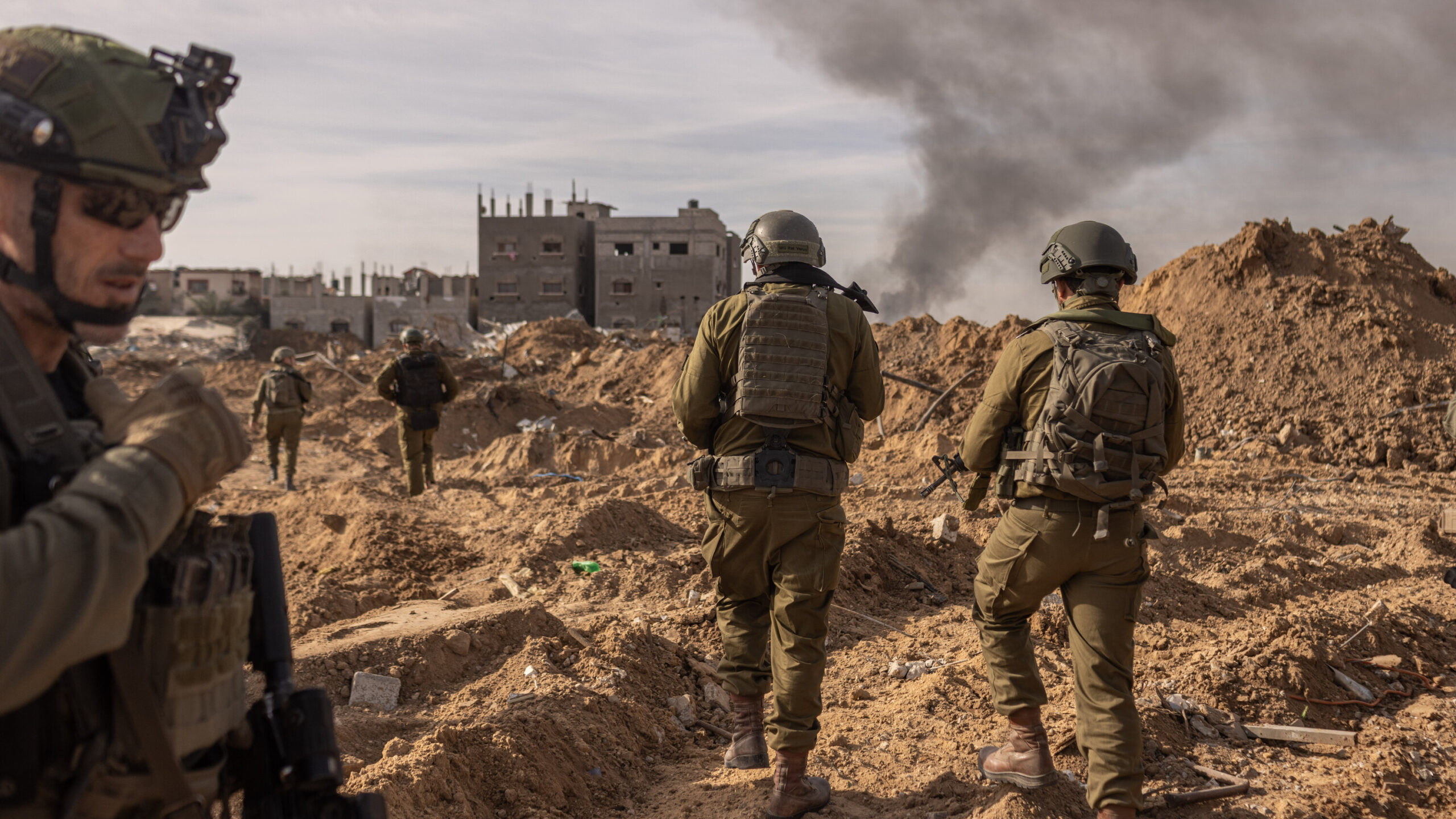
Tens of thousands of Israeli reservists began reporting for duty on Tuesday as the government prepared a renewed offensive in Gaza City, even as senior military leaders pressed ministers to slow the timetable.
Army Radio said roughly 40,000 reservists were due to report for the operation. The military said it was completing logistical preparations to absorb the intake.
The security cabinet last month approved expanding operations aimed at taking Gaza City, a battlefield of intense urban fighting in the early months of the war. Israeli officials say forces currently control about three-quarters of the Strip.
The buildup followed a tense cabinet session late Sunday in which ministers pushing for a rapid assault clashed with the military chief, Eyal Zamir, who urged politicians to pursue a ceasefire deal. According to ministers and military officials present, Zamir warned that a Gaza City push would endanger hostages and strain an already stretched force. After Prime Minister Benjamin Netanyahu said on August 20 he had ordered an accelerated timetable, the military cautioned the next day it would need roughly two months before starting—citing humanitarian preparations.
Doubts among some reservists have also surfaced. Surveys and public statements by a number of soldiers have questioned the government’s strategy, post-war planning and criteria for “victory.” “I don’t feel like I’m doing anything that really applies significant pressure to have Hamas release the hostages,” one combat reservist serving in Gaza since Oct. 7 told Reuters on condition of anonymity.
Local health authorities said at least 86 people were killed in Israeli strikes across Gaza in the past 24 hours, with dozens more wounded. Three separate airstrikes in Gaza City suburbs killed a total of 26 people as Israel intensified aerial and ground bombardments ahead of the planned offensive.
Outside Gaza City’s Al-Shifa hospital, bodies in white shrouds were lined up as grieving relatives gathered. Elsewhere, five people were reported killed while waiting in a food line in the south, nine died in a strike on an apartment, and seven were killed by tank fire, according to local authorities.
Gaza’s health ministry said 13 more people, including three children, died of malnutrition and starvation in the past day, raising official hunger-related deaths to at least 361, including 130 children—most recorded in recent weeks. Israel disputes the hunger figures, saying some deaths are attributable to other medical causes. The army’s Arabic-language spokesperson directed civilians toward the south, saying humanitarian services would be better there, as forces prepared to widen operations around Gaza City. The military said it is fighting on the city’s outskirts, dismantling tunnels, seizing weapons and striking militant infrastructure.
The war erupted on October 7, 2023, when Hamas-led gunmen killed about 1,200 people in southern Israel and took 251 hostages, according to Israeli figures. Gaza health officials say more than 62,000 Palestinians have been killed since; they do not distinguish between civilians and combatants but say most victims are women and children. Ceasefire talks stalled in July. Israeli authorities believe 48 captives remain in Gaza, of whom 20 are thought to be alive.
